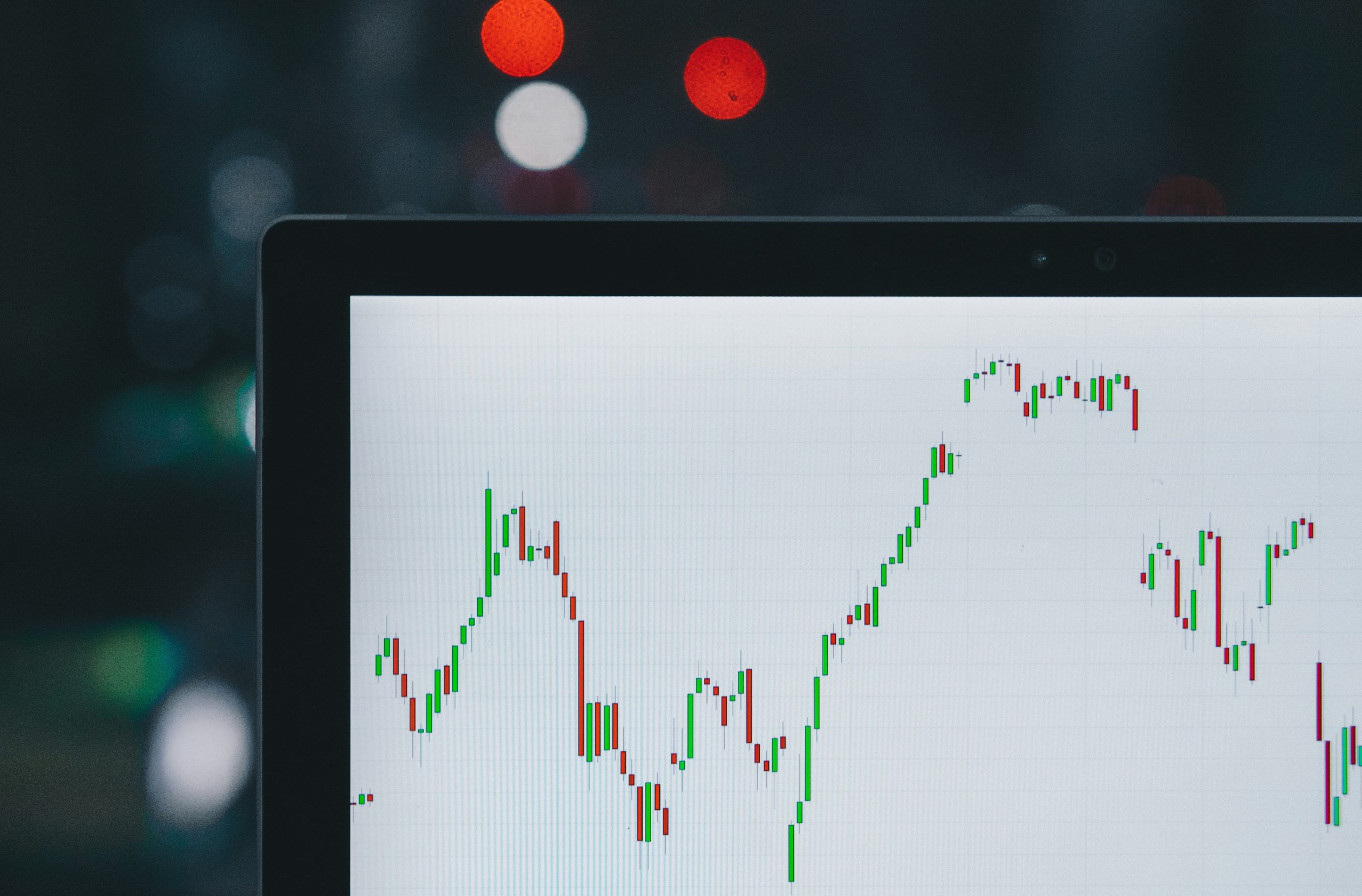In the dynamic world of online trading in Malaysia, stocks and CFDs (Contracts for Difference) have emerged as two of the most popular instruments for investors in Malaysia. While both offer opportunities for profit, they operate differently and cater to different trading strategies. This article aims to compare stocks and CFDs, explain how each works, and outline their respective benefits and risks.
What is Stocks Trading?

In Malaysia, stock trading involves buying and selling shares of a company, granting ownership rights to the shareholder. Traders engage in this market with the expectations that the value of their shares will increase, allowing them to sell at a profit. Additionally, stocks can provide dividends and voting rights, enhancing their appeal to long-term investors. Typical trading methods include:
- Long-term investment: Holding stocks for an extended period to benefit from overall market growth.
- Day trading: Buying and selling stocks within the same trading day to capitalize on short-term price movements.
- Swing trading: Holding stocks for several days to weeks to capture market swings.
For those interested in exploring more options, Phillip Capital offers various platforms to get started.
What is CFD Trading?
A Contract for Difference (CFD) is a derivative that allows traders to speculate on the price movement of an asset without owning the underlying asset. In a CFD trade, traders make agreements with brokers to exchange the difference in the asset’s price from the opening to the closing of the contract. Key characteristics include:
- Long and Short Positions: CFDs allow traders to take both long (buy) and short (sell) positions, enabling profit in both rising and falling markets.
- Leverage: CFDs can be traded with leverage, offering greater risk exposure for lower capital, but also increasing the potential for significant losses.
Stocks vs. CFDs: Key Differences
| Aspect | Stock Trading | CFD Trading |
| Ownership | Traders own shares in a company and have voting rights | Traders do not own the underlying asset and do not have voting rights |
| Leverage | Typically involves no or minimal leverage | High leverage allows traders to control larger positions with smaller capital |
| Profit Opportunities | Profits are made when stock prices rise or from dividend income | Traders can profit from both rising and falling markets |
| Costs | Incur brokerage fees and stamp duty | Incur brokerage fees and overnight finance charges for open positions |
Benefits and Risks of Stock Trading
Stock trading is a popular investment strategy that offers unique advantages, such as ownership stakes in companies and potential dividend income. While it can provide long-term growth and capital preservation, it also comes with specific risks. Understanding these benefits and risks is crucial for making informed stock investment decisions that align with your financial goals.
Benefits:
- Ownership & Dividends: Stockholders enjoy the benefits of ownership, including the right to vote and potentially receive dividends.
- Long-term Growth: Stocks can be a relatively stable vehicle for growing wealth over time, especially for long-term investors who buy blue-chip stocks.
- Lower Leverage Risks: Since stocks typically involve less or no leverage, the risk of substantial capital loss is lower compared to leveraged instruments like CFDs.
- Capital Preservation: Stocks generally provide a safer approach to capital preservation in the long run.
Risks:
- Capital Investment: Buying individual stocks, especially of high-value companies, can require significant capital.
- Limited Profit Opportunities: Stock traders are limited to profiting when stock prices rise, which can be a disadvantage during bear markets.
- Slow Returns: Compared to highly leveraged instruments like CFDs, stocks may offer slower returns, making them less appealing to short-term traders.
- Market Dependency: Stock prices are highly dependent on the company’s performance and market conditions, limiting flexibility. If you’re looking for a flexible approach, consider exploring stock trading in Malaysia with Phillip Capital for better options.
Benefits and Risks of CFD Trading
CFD trading offers investors unique advantages, such as low entry costs and the ability to leverage positions for greater profit potential. However, it also comes with significant risks, including amplified losses and market volatility. This section explores the key benefits and risks of trading CFDs to help you make informed investment choices.
Benefits:
- Low Entry Costs: One of the main attractions of CFDs is the low capital requirement to open a position. With Phillip Capital, traders can start trading CFDs with as low as USD2.
- Leverage: CFDs offer traders the ability to control large positions with a small initial investment, increasing potential profit margins.
- Market Flexibility: CFD traders can take advantage of both rising and falling markets, offering greater flexibility..
- Wide Asset Range: CFDs allow access to a variety of markets, including commodities, and indices, offering diverse trading opportunities.
Risks:
- High Leverage Risks: While leverage can magnify profits, it can also magnify losses, leading to significant financial risk.
- No Ownership Benefits: Since CFD traders do not own the underlying asset, they do not benefit from dividends or stock appreciation.
- Overnight Fees: Holding CFD positions overnight incurs financing charges, which can erode profits if positions are held for extended periods.
- Volatility Exposure: The volatility of CFD markets can result in rapid price changes, increasing the likelihood of quick losses.
Stocks vs. CFD Online Trading in Malaysia: Which is Better for You?
Choosing between stock trading and CFD trading largely depends on individual trading goals, risk tolerance, and capital availability.
- Stock trading is suited for long-term investors looking for stability, ownership, and potential dividends.
- CFD trading is ideal for traders seeking short-term trading, market flexibility, and lower capital requirements.
In conclusion, while both stock trading and CFD trading present unique opportunities and challenges, understanding their differences is crucial for making informed decisions. Each trading method has its benefits and risks, catering to different types of investors.
If you’re interested in exploring trading with Phillip Capital, you can start trading CFDs and stock with attractive low rates! Sign up today with Phillip Capital’s online trading platform in Malaysia and gain access to a free platform to experience seamless trading!








